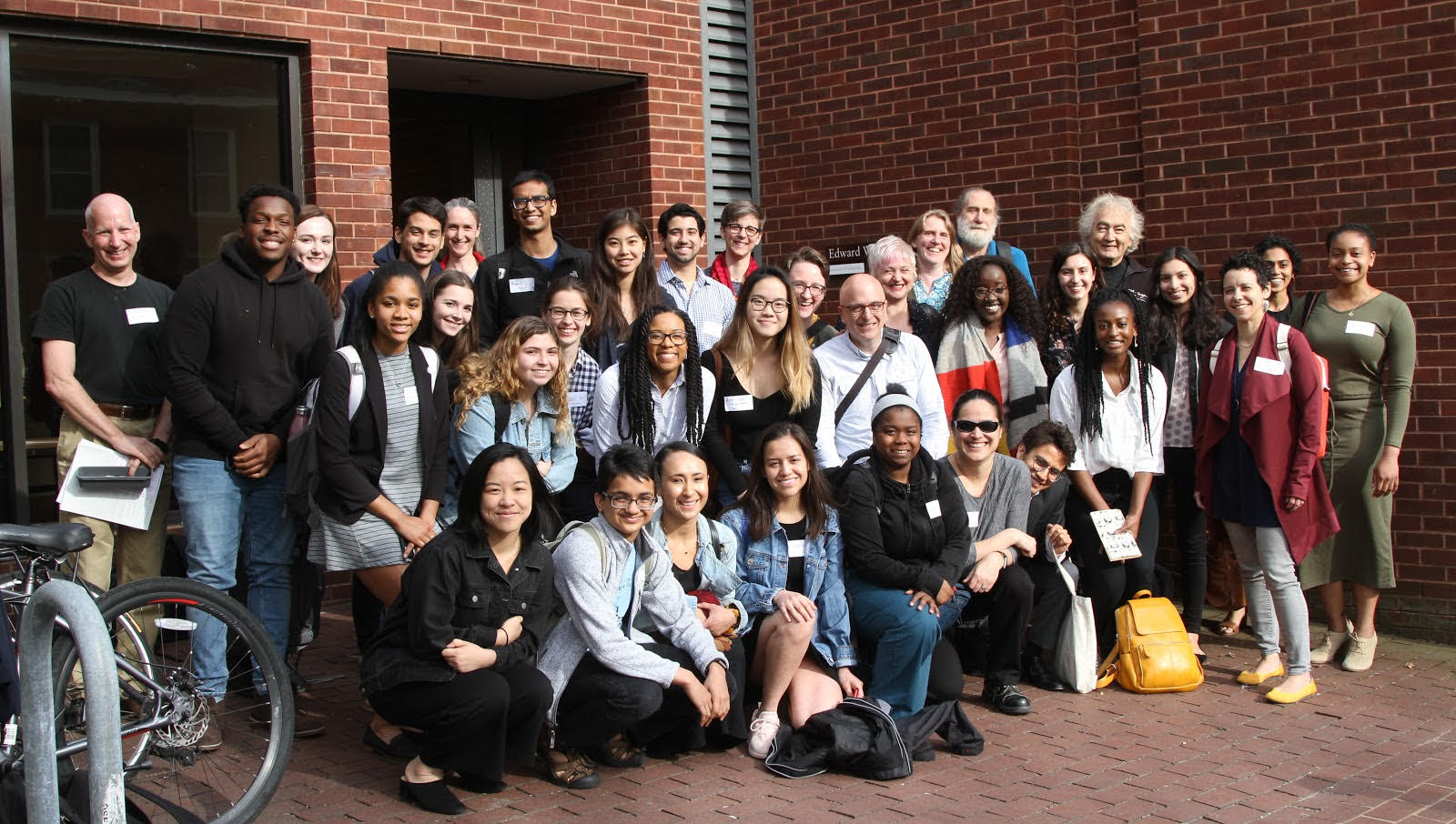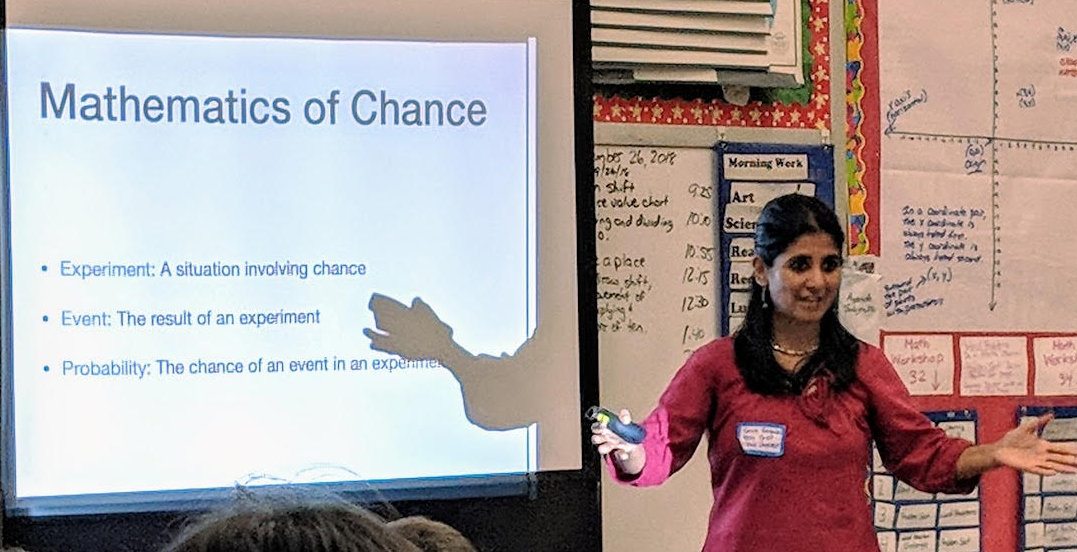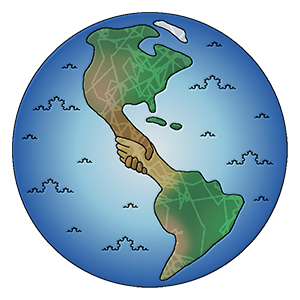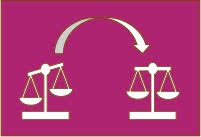This course examines disparities in representation in the scientific community, issues facing different groups in the sciences, and paths towards a more inclusive scientific environment. It delves into the current statistics on racial and gender demographics in the sciences and explores their background through texts dealing with the history, philosophy, and sociology of science. It also explores the specific problems faced by under-represented and well-represented racial and ethnic minorities, women, and LGBTQ community members. The course is reading intensive and discussion based. Kristina Mallory, Assistant Teaching Professor of Applied Mathematics, is a regular instructor for the course.
Contact: kristina_mallory@brown.edu

The Math CoOp, founded in January 2014, is a volunteer-run organization, comprised of students, post-doctoral fellows and faculty who share a common passion for mathematics outreach. We typically meet on a monthly basis to discuss suitable mathematics outreach topics and develop presentations for students at all levels, ranging from K12 to undergraduates and also adult non-experts. We then give presentations at schools and other venues. The Math CoOp also engages in other outreach activities such as the SEAM seminar and various Mathematics Without Borders lecture activities, including the bilingual math outreach lecture series, Mathematics Sin Fronteras.
Contact: Kavita_Ramanan@brown.edu

Mathematics Sin Fronteras is a Pan-American (virtual) bilingual (English-Spanish) extracurricular mathematics outreach lecture series, open to any student interested in learning extracurricular mathematics in a bilingual environment. It consists of a series of extra-curricular online math lectures given by a bilingual instructor, possibly along with support from a teaching assistant. The goal of MSF is to introduce (1st and 2nd year) undergraduate students from diverse backgrounds across South, Central and North America to mathematics and its applications in an engaging way that complements the usual university/college mathematics curriculum. The aim is also to promote cross-cultural communication by connecting students across the Americas with a passion for mathematics, and provide them with the opportunity to interact with leading researchers in their fields in a bilingual environment. MSF welcomes applicants from all students, regardless of community, gender or background.
Contact: Kavita_Ramanan@brown.edu
The Social Equity and Applied Mathematics (SEAM) seminar series and working group is an initiative of the Math CoOp at Brown University whose aim is to discuss mathematical models, and theoretical and computational aspects of problems that are of relevance to social equity in the world. This seminar series aims to create broader awareness of varied societal issues and quantitative approaches used to study them, and bring together a diverse group of interdisciplinary researchers with different backgrounds and levels of experience who are deeply interested in these issues. We hope it also inspires new directions of both applied research as well as fundamental mathematical theory that can shed light on solutions to these problems.
Contact: Kavita_Ramanan@brown.edu
Previous Activities
The Prison Math Program
From 2012-2020, faculty and students from Applied Math and related departments taught introductory mathematics courses at the Rhode Island state prison. These courses were organized and accredited by the Community College of Rhode Island (CCRI). Professor Matt Harrison facilitated the connection between Applied Math and CCRI's prison teaching program.


 Mathematics Sin Fronteras (MSF)
Mathematics Sin Fronteras (MSF) SEAM Seminar
SEAM Seminar